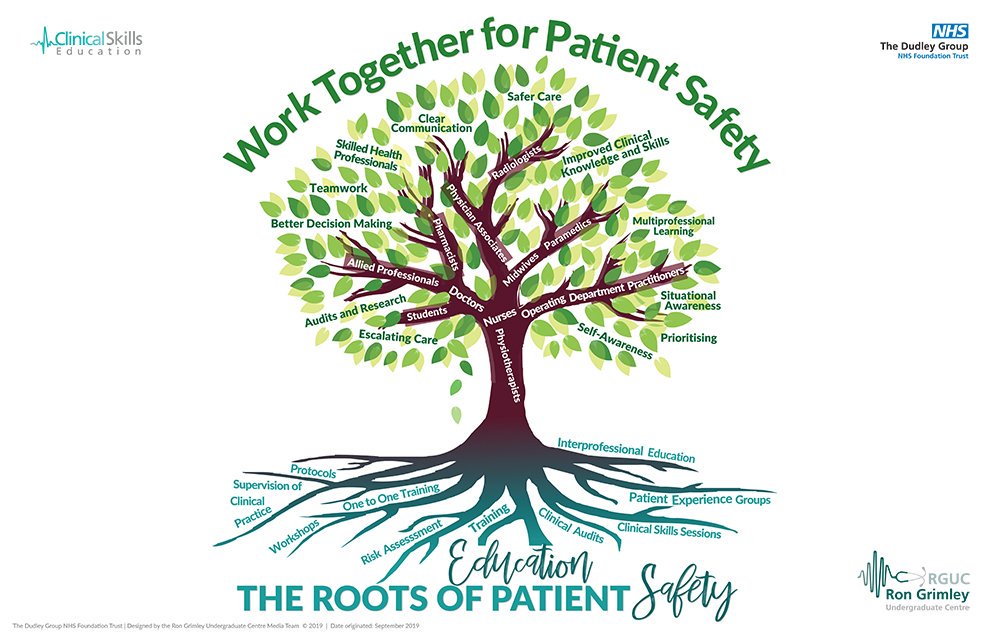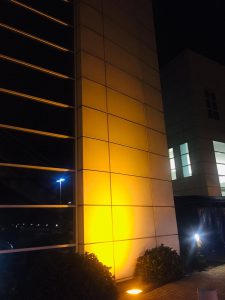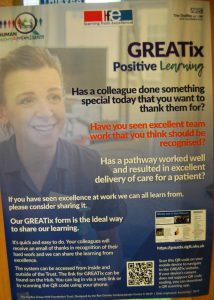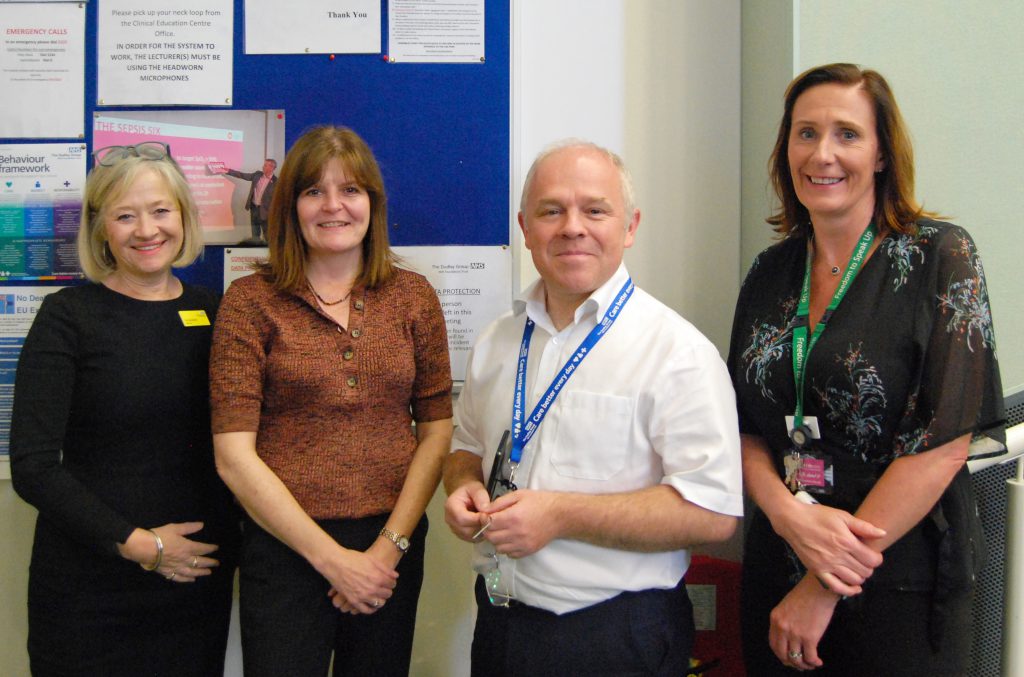
by Julian Hobbs, medical director
Welcome to my blog, in which I hope to talk about several different things that are happening at the moment. Some of these we have had subject presentations about and reported within the Trust but you might not have had the opportunity to see or engage with these.
I’ve spent a lot of time last weekend and Friday reading and learning about the latest thoughts on compassion, how this can be translated into clinical practice, and the benefits on patient outcomes of good team working. I was fortunate enough to spend a considerable amount of time at the GMC/CQC workshop in order to contribute to the inspection framework around team working. You may be familiar with the output of the St. Georges, Great Ormond Street and also East Kent reviews, all of which have highlighted poor team working as a central cause of various inpatient harms which have occurred.
On a slightly different note, however, it’s clear that the personal impact of poor team working and a failure to appreciate the contributions of multi-disciplinary teams have caused a great deal of harm nationally. Central to all of this, I believe, is the role of compassion and indeed this was the key theme of Michael West’s talk when he visited the Trust some six months previous. He recommended a book titled ‘Compassionomics’ which I have just finished reading. It makes very telling and impactful sense in terms of the hard reality of improving outcomes for patients. I’m conscious that all of you are busy but an insight into this can have a significant impact on the team and also patient outcomes. The interventions recommended are very simple and straight forward.
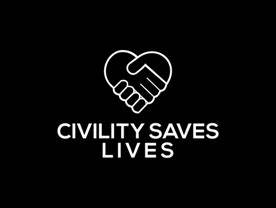 I’ve enclosed the link to Chris Turner’s Civility Saves Lives TED talk. For those of you who haven’t seen it before I do recommend it and for those who have seen it previously it’s well worth re-visiting as a reminder as to how impactful these things can be:
I’ve enclosed the link to Chris Turner’s Civility Saves Lives TED talk. For those of you who haven’t seen it before I do recommend it and for those who have seen it previously it’s well worth re-visiting as a reminder as to how impactful these things can be:
https://www.tedxexeter.com/speakers/chris-turner-2/
I’m grateful indeed to Richard Alleyne for agreeing to help with the communication skills training which is often a feature of our staff and patient surveys. I believe the start-up date for this training is 1st April 2020 and I encourage you to participate as part of your CPD. It will assist with the work related to patient safety, patient safety behaviours and the graded assertiveness programme that Nicky Calthorpe has arranged.
Finally, I just wanted to update you on the CQC re-inspection. We are yet to receive the request for information which would normally proceed this by about six weeks. There is still much to be done, particularly around addressing mandatory training, ensuring that the recording of this and also the content is fit for purpose moving forwards for a number of reasons. Medical mandatory training remains of particular concern and I’d be grateful to colleagues if they could ensure that mandatory training is complete but also that records the Trust is holding are truly reflective of the position.
Good work in relation to the MCP has taken place, system wide collaboration is never straight forward and indeed that is the case with this project but I do think that the clinical advisory groups are doing both good and impactful work. Over the next couple of weeks we will be providing updates at the clinical summit and also via the hospital senior staff committee.
I’d like to wish you all a very happy year for 2020 and look forward to working with you to ensure that our services are as responsive and compassionate as possible.

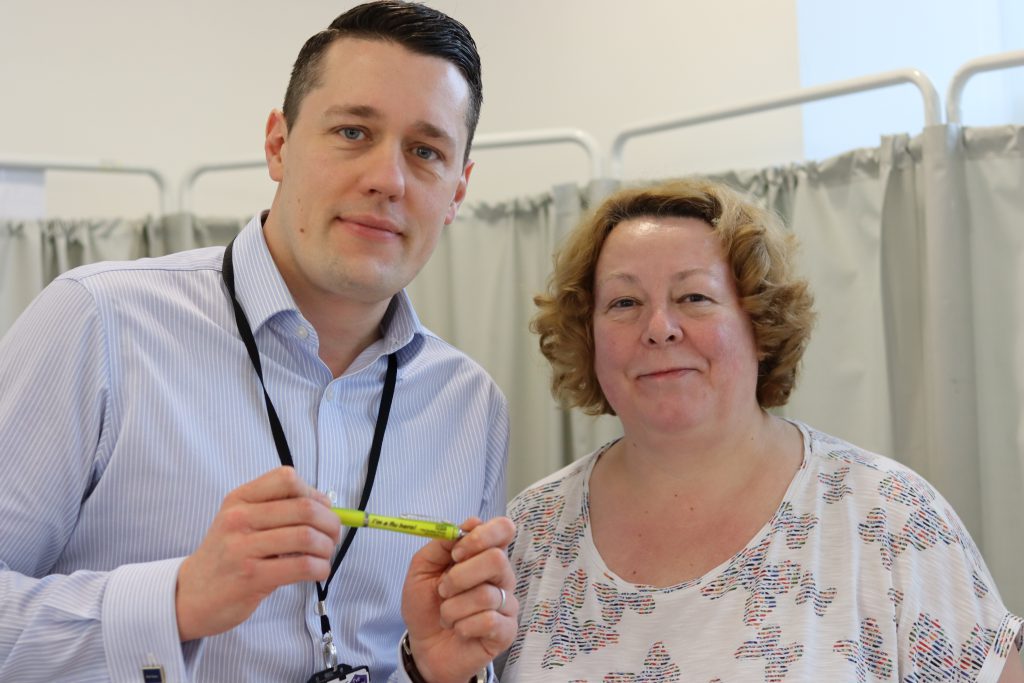
 I started working in public services in 1987 and often reflect how much things have changed in that time. In the mid-80s technology was in its very early stages, emails were still a distant prospect, cross-organisational partnerships were rare and demand for public services, whilst always greater than resources, was nothing like it is now.
I started working in public services in 1987 and often reflect how much things have changed in that time. In the mid-80s technology was in its very early stages, emails were still a distant prospect, cross-organisational partnerships were rare and demand for public services, whilst always greater than resources, was nothing like it is now.

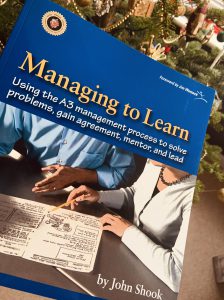

 GPS is now always with me (as a backup). Ski goggles and a two-layer glove system have a permeant place in my Autumn / Spring kit bag. Knowledge and experience shared.
GPS is now always with me (as a backup). Ski goggles and a two-layer glove system have a permeant place in my Autumn / Spring kit bag. Knowledge and experience shared.
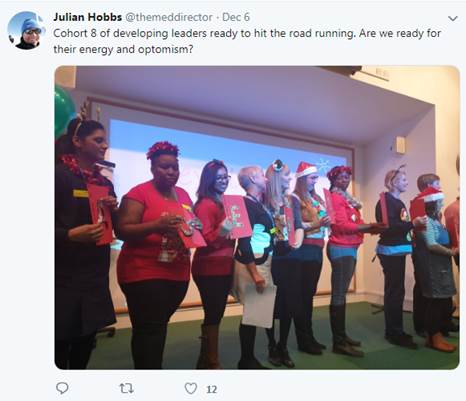
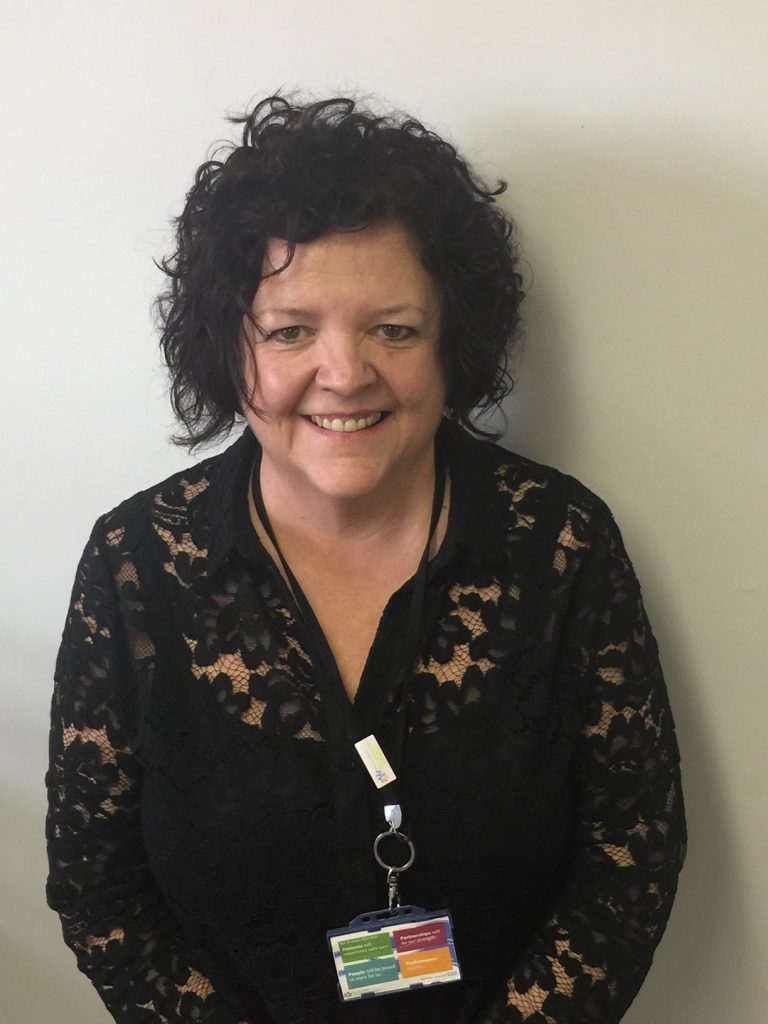 ch tells me winter is here! For those involved in managing front door capacity and patient flow, you must be thinking “winter has never really gone away!” As the days get darker earlier, I am pleased to see everyone pulling together to keep our patients safe and well managed during the capacity challenges.
ch tells me winter is here! For those involved in managing front door capacity and patient flow, you must be thinking “winter has never really gone away!” As the days get darker earlier, I am pleased to see everyone pulling together to keep our patients safe and well managed during the capacity challenges.
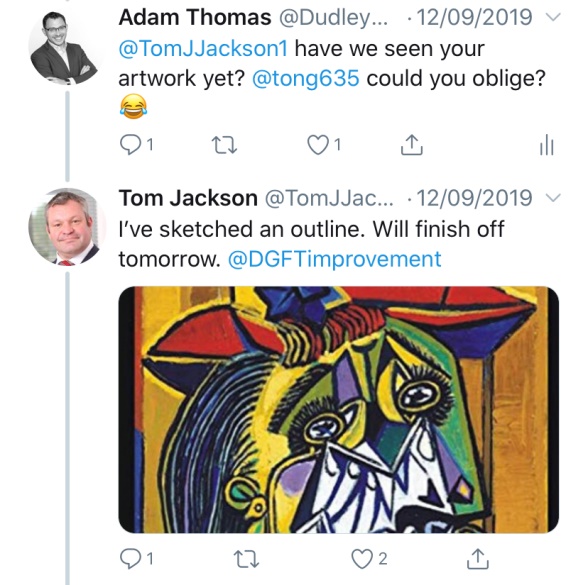
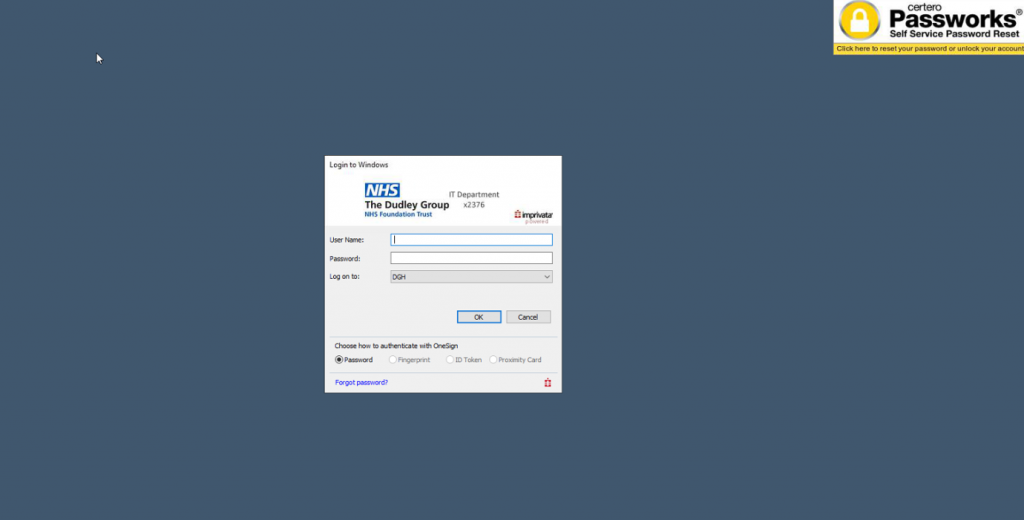
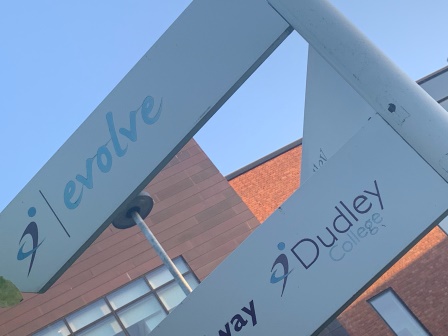


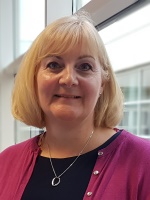 for Allied Health Professionals. AHPs Day was the opportunity to say thank you to all our wonderful AHP colleagues with a day of networking, friendship and fascinating presentations at Dudley-Kingswinford Rugby Club.
for Allied Health Professionals. AHPs Day was the opportunity to say thank you to all our wonderful AHP colleagues with a day of networking, friendship and fascinating presentations at Dudley-Kingswinford Rugby Club.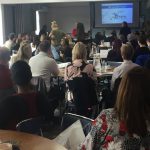 you know there are 12 allied health professions, from art therapists, dieticians and SALT to physiotherapist and orthoptists, every one of them making their own unique contribution to our teams? They have many skills and one focus – to ensure they offer personalised care and in doing so promote professional standards that support high quality care.
you know there are 12 allied health professions, from art therapists, dieticians and SALT to physiotherapist and orthoptists, every one of them making their own unique contribution to our teams? They have many skills and one focus – to ensure they offer personalised care and in doing so promote professional standards that support high quality care. 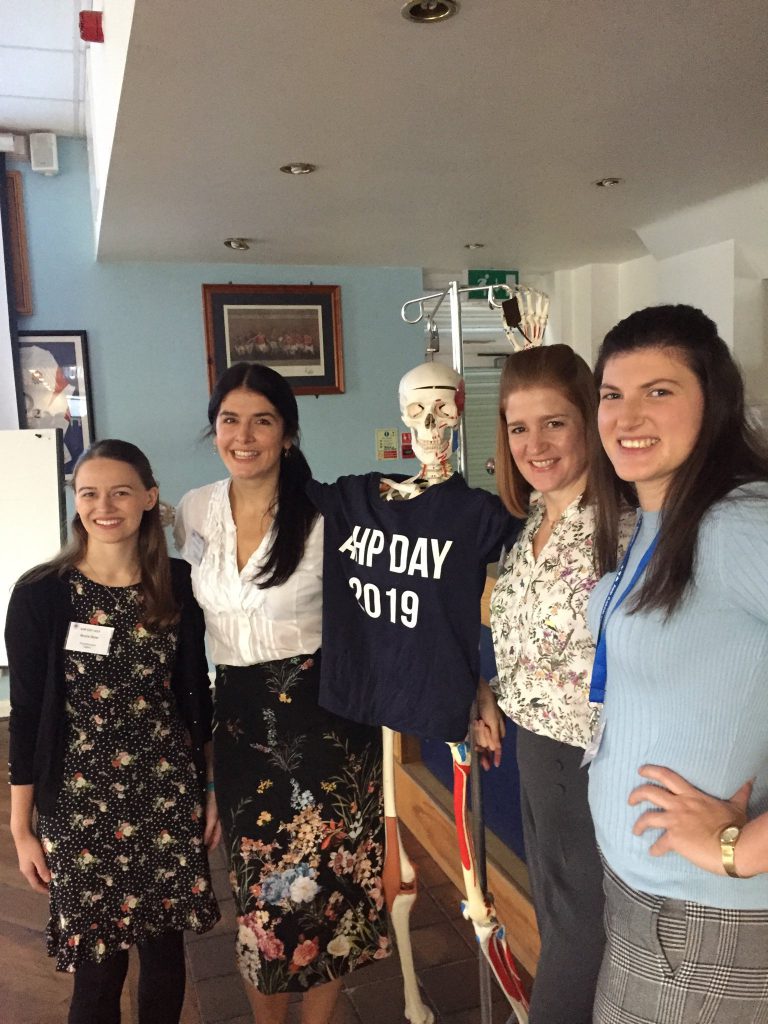
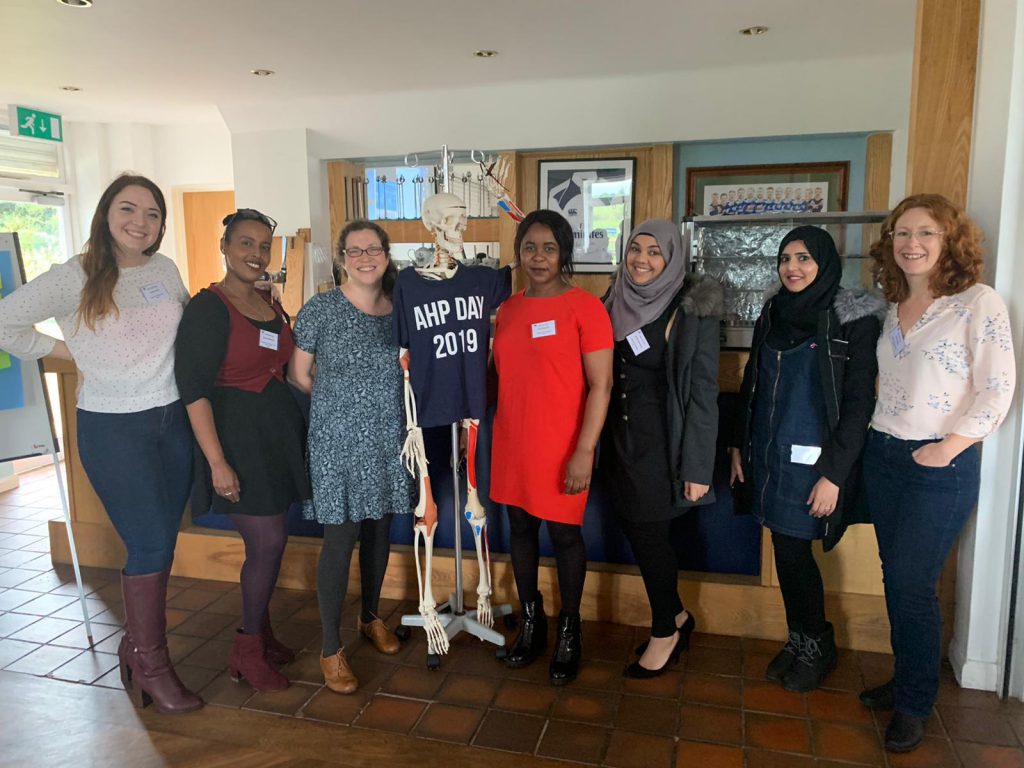
 and we want to mark the month by highlighting the stories of some of our BAME staff. They’ve kindly shared their experiences with us and you can see their stories on the board in main reception at Russells Hall Hospital. We will be displaying the storyboards throughout the month across our sites.
and we want to mark the month by highlighting the stories of some of our BAME staff. They’ve kindly shared their experiences with us and you can see their stories on the board in main reception at Russells Hall Hospital. We will be displaying the storyboards throughout the month across our sites.
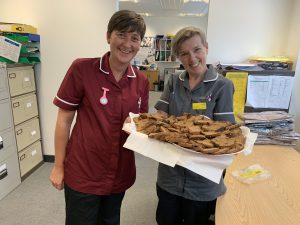
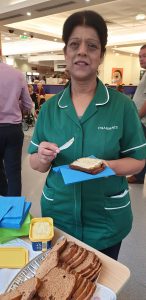
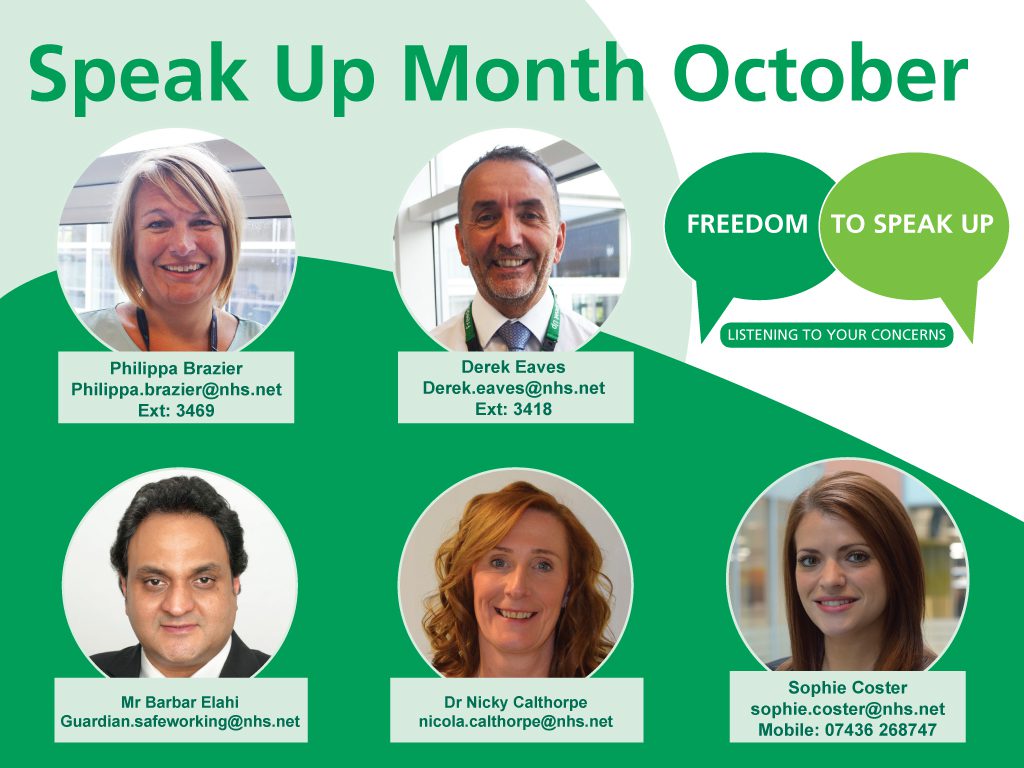
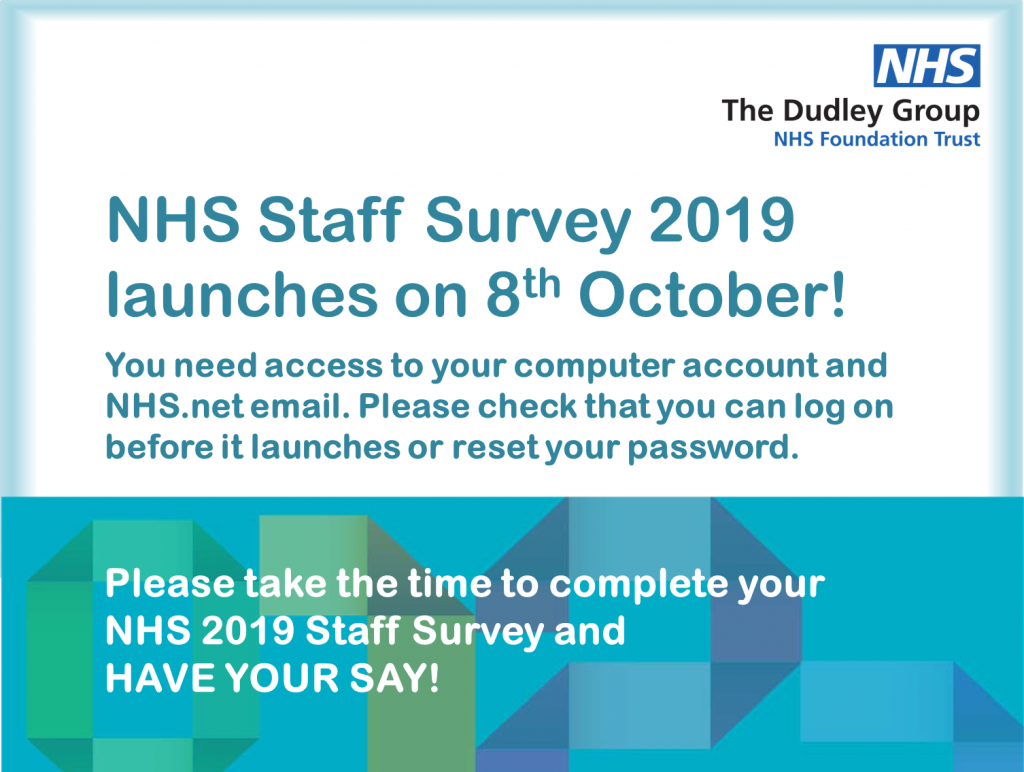
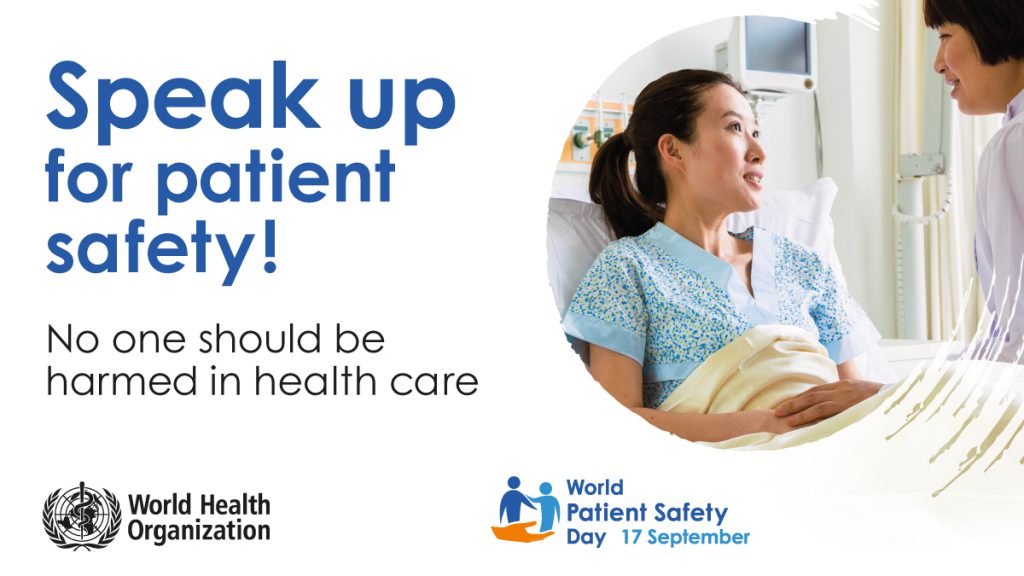 No one should be harmed in health care. And yet, nationally, thousands of patients suffer avoidable harm every day while receiving care. This week saw the World Health Organisation’s very first World Patient Safety Day, a global campaign to create awareness of patient safety and urge people to show their commitment to making healthcare safer. In Dudley we dedicated the whole week to raising awareness.
No one should be harmed in health care. And yet, nationally, thousands of patients suffer avoidable harm every day while receiving care. This week saw the World Health Organisation’s very first World Patient Safety Day, a global campaign to create awareness of patient safety and urge people to show their commitment to making healthcare safer. In Dudley we dedicated the whole week to raising awareness.